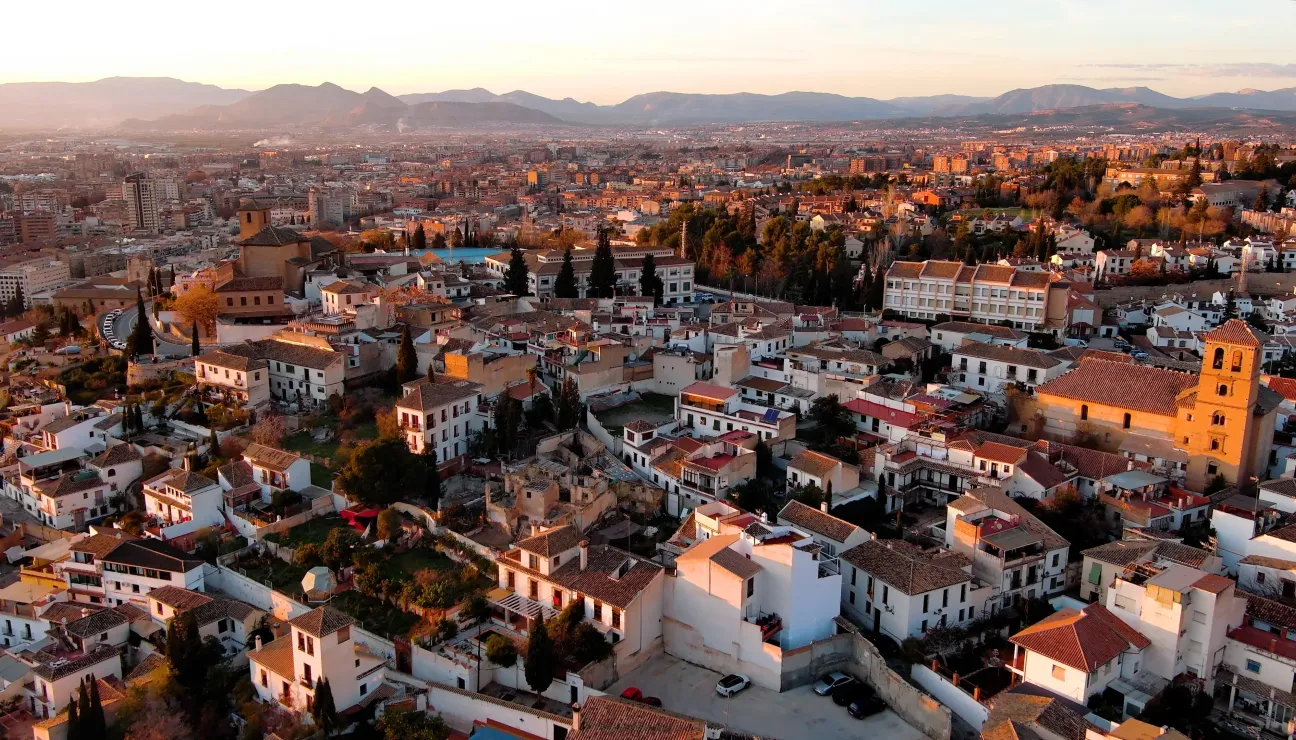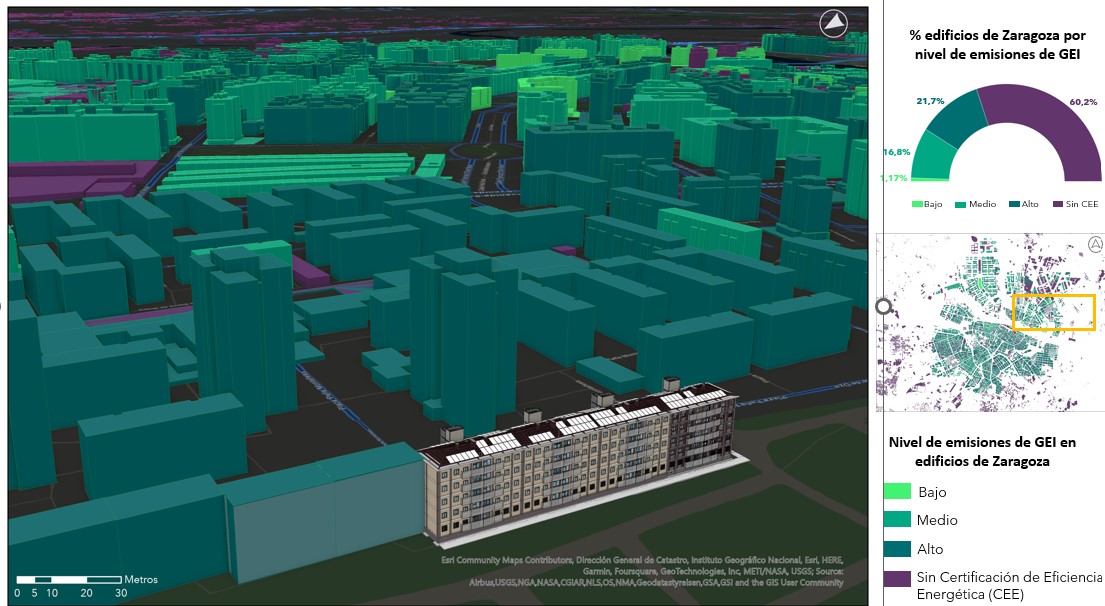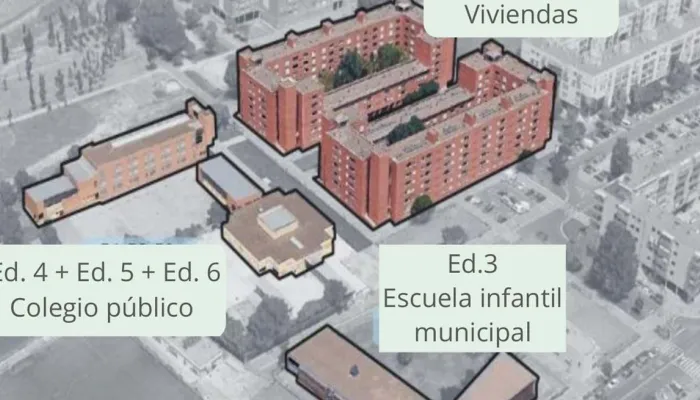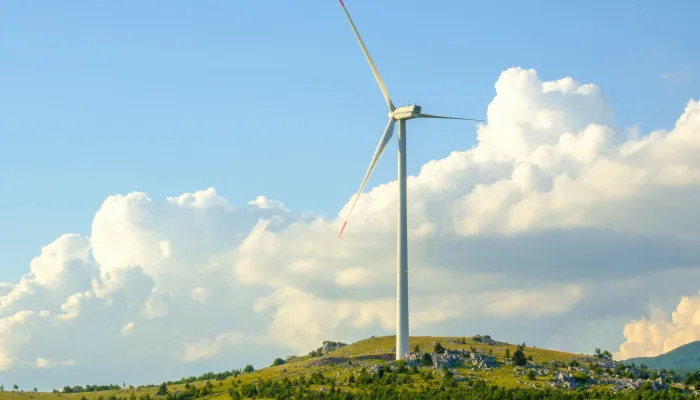CIRCE will promote efficient building rehabilitation through InCUBE

The building sector accounts for approximately 40% of total final energy consumption and contributes around 36% of European greenhouse gas emissions. In this context, streamlining renovation processes is crucial to improve building energy efficiency and reduce Greenhouse Gas (GHG) emissions throughout their lifecycle: production, construction, operation, and disposal.
CIRCE's Role in the InCUBE Project
CIRCE - Technological Center is one of the 23 partners involved in the InCUBE project. This initiative aims to unlock building renovation in the European Union through standardized processes based on four pillars of innovation: new market participants, digitalization, new technologies, and materials and industrialization. Social inclusion, gender perspective integration, and enhancing current and temporary workforce capacities are also integral considerations. Solutions developed within this project will be validated through large-scale demonstrations in three cities: Zaragoza, Trento, and Groningen.

Sample of the pilot project in the city of Zaragoza and the surrounding buildings.
CIRCE contributes as a strategic partner in various project components, including the development of a City Information Model (CIM) for pilot projects underway in the three selected cities for demonstration. CIMs are 3D virtual representations of cities used for designing, planning, and managing urban-scale projects, contextualizing energy, climate change, and urban landscapes within their respective environments. These models facilitate subsequent analyses, such as supporting replication of pilot projects, identifying priority areas for action within climate change mitigation and adaptation plans, and even developing digital twins for real-time parameter monitoring.
InCUBE Demonstration in Zaragoza
The InCUBE demonstration site in Zaragoza is located in the Balsas de Ebro Viejo district, a working-class neighborhood built in 1971 with various rehabilitation plans under the District Plan focused on achieving Efficient Energy Districts driven by the National Recovery Plan. The project will comprehensively rehabilitate a privately-owned residential building of 40 units built in the 1970s. Energy needs of the building will be reduced by 80%, with renewable energy production increasing to 145MWh annually. Specific identified issues include poor insulation and thermal leaks in the building envelope. The renovation interventions aim to improve energy efficiency and accessibility, especially for elderly residents.
Key actions to be implemented include:
- Decreasing building energy consumption through high-performance windows and frames, insulating materials for facades and roofs.
- Increasing energy production in buildings through photovoltaic energy (integrated into buildings) and hybrid solar thermal panels.
- Monitoring air quality, energy consumption, and energy production.
- Enhancing accessibility with a new elevator installation and a new stairwell core.
- Expanding building rehabilitation, scanning, and monitoring through digital process solutions.
- Establishing a Renewable Energy Community at the neighborhood level by deploying two 50 kWp solar installations aimed at involving over 200 residences.







